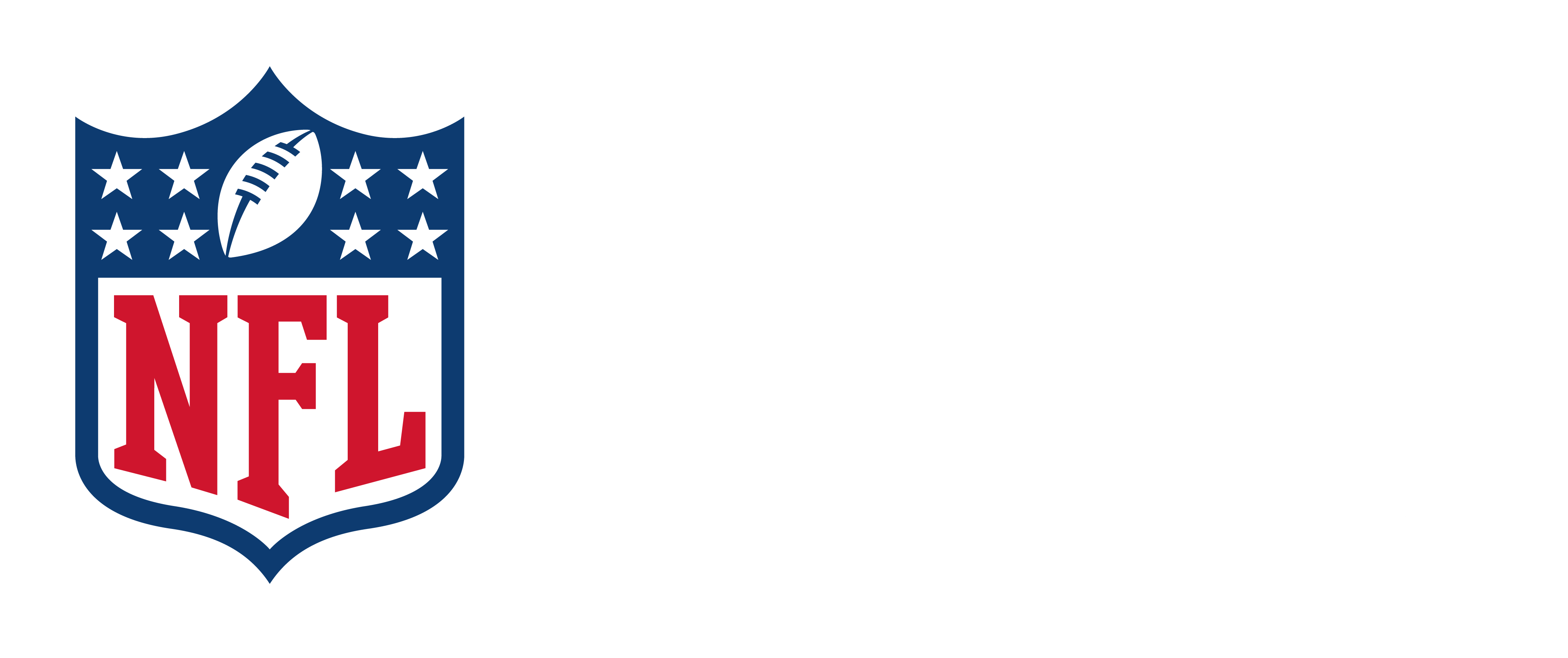Solomon Thomas knows the importance of feeling -- feeling happy, feeling sad, feeling anything at all. He knows this because for a period in 2018, Thomas was deprived of it.
"I was numb to all feelings, numb to all emotions," said the San Francisco 49ers defensive tackle during a one-on-one interview Tuesday. "I really didn't care about anything in the day. I didn't care about waking up or going to sleep. I was just going through the motions. It's not like I wasn't working hard or trying hard, it was just like everything was just blah. It was like that for a few months."
It was during that time when his teammates, peers and the 49ers staff began to take note of these changes in the normally highly energetic, positive Thomas. Then, on one November morning, he was approached by general manager John Lynch in the team cafeteria.
"Solomon, if you need help, we have help for you," Thomas recalled Lynch saying. "That was the moment that was like, Damn, I really need help right now. I'm in a really hard spot. That was the moment when I kind of hit rock bottom."
Thomas went to Lynch the following morning and was almost immediately connected with a therapist. And through emotional, hard conversation, Thomas started to see his vulnerability as strength. He came to realize the importance of taking the same careful approach to his mental health that he did with his physical health.
Ten months before Thomas' rock-bottom moment, his older sister, Ella, died by suicide after . Understandably, Thomas found himself struggling to cope with the death of his only sister and shutting down more often than not. Eventually, those around him took notice.
Since recognizing his need for help, Thomas has been unwaveringly committed to his mental health journey, finding time daily to decompress and get into a good head space. He has also supported and helped others by sharing his story and Ella's.
Thomas first addressed his family's experience publicly in September of 2018 (before he sought his own help), penned with the help of ESPN's Molly Knight. Extremely nervous about telling Ella's story, he was surprised to see an outpouring of support from friends, peers and strangers alike, and he found solace in knowing his voice was helping others.
Thomas' endeavor as a public advocate for mental health continued this week when he the "," , which aims to raise awareness of and break down the stigma surrounding mental health, create opportunities to discuss it and empower people to seek help.
"I was numb to all feelings, numb to all emotions. I really didn't care about anything in the day. I didn't care about waking up or going to sleep. I was just going through the motions." 49ers DT Solomon Thomas
"I know it's going to change people's lives. I'm proud and honored to be part of this campaign with great partners and great people," he said, adding he's looking forward to doing more public speaking, especially in schools, where he believes mental health discussions should be integrated through clubs or some sort of "safe zone" for all age groups.
Thomas isn't the only athlete who has publicly discussed what was once seen as taboo. Athletes across all sports have shared their stories, including , , and former and current ߣĎČÉúAV players Steve Smith Sr., and Dak Prescott. Like Thomas, Prescott that he experienced symptoms of depression in the wake of his brother Jace's suicide in April.
When FOX Sports TV personality Skip Bayless and called into question Prescott's stature as the Cowboys' leader, Bayless was met with and rebuked by his network.
"I was really proud of how people reacted to that," Thomas said. "This is why mental health is a stigma. What Skip said was so dangerous and so wrong. It was so strong for people to defend Dak in that moment. He was a leader for saying he (struggled).
"It's so powerful for Dak to let people know that the quarterback of the Dallas Cowboys, America's Team, struggled with depression. That outreach he has is huge. He helped change so many people's lives that he doesn't know about, that he will probably never know about."
Thomas hasn't been diagnosed with depression or an anxiety disorder, but he said it makes no difference. People experiencing mental health struggles in any capacity need to be taken seriously, and it's those to whom his heart goes out the most.
"Every day is a battle, and those people are the strongest people I know," he said passionately. "They know they're going through a spike and find a way to keep pushing on. They continue to wake up each day and fight."
Thomas, who suffered a torn ACL in Week 2 that will keep him out the rest of the season, said he's appreciative of the 49ers' organization for assisting him in his journey. And while the ߣĎČÉúAV and the ߣĎČÉúAV Players Association created a last year requiring every team to have clinicians available to assist players and other employees secure the help and care they and their families need when it comes to mental health, Thomas still believes all ߣĎČÉúAV clubs can better communicate when it comes to available resources.
After two years of engaging in the mental health conversation, Thomas knows there's still a long way to go. But even helping just one person in their own journey makes it all worth it -- just like Lynch did for him.














